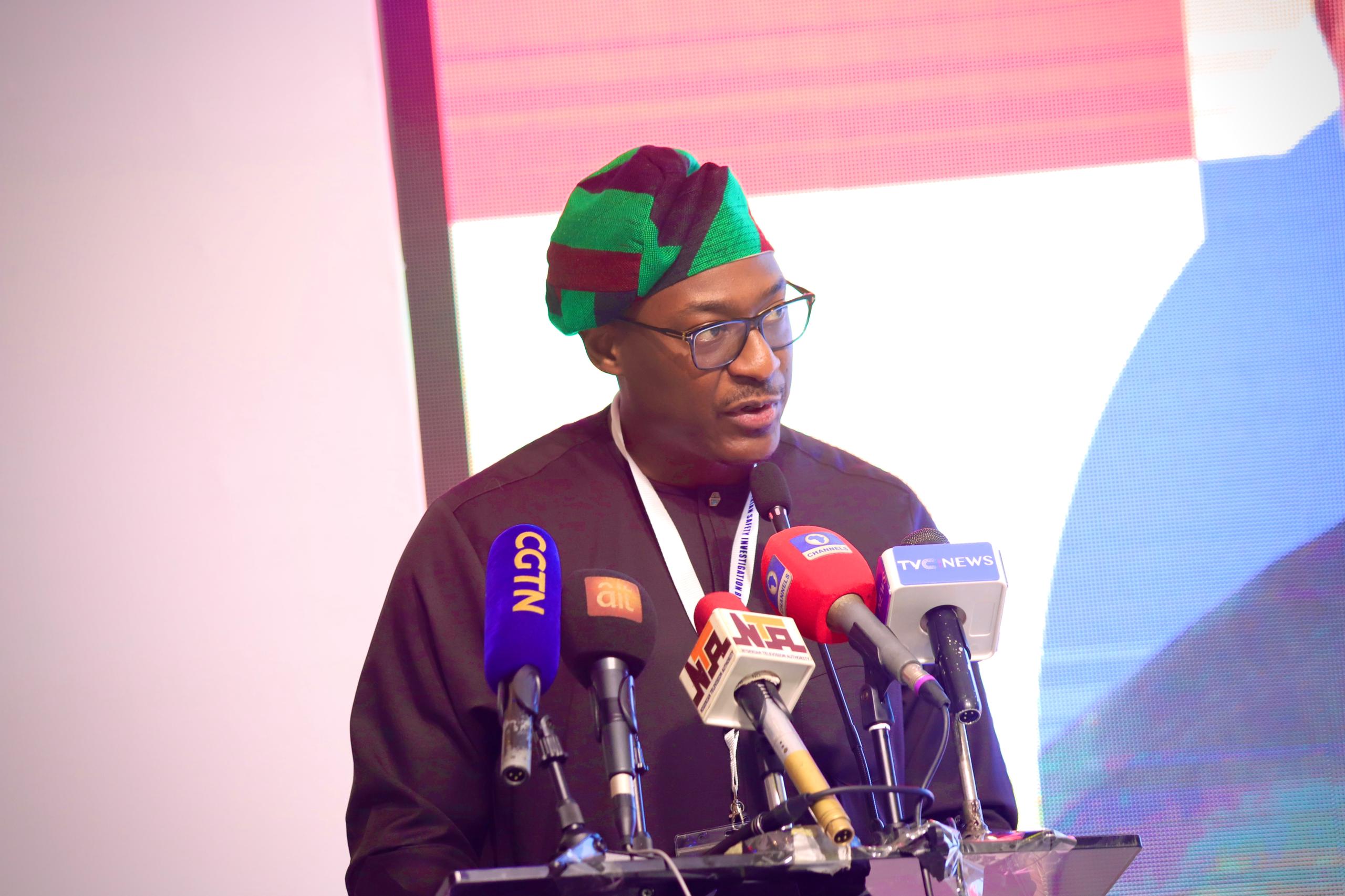NSIB Unveils Regulatory Drafts for Multimodal Transport Safety, Calls for strengthened collaboration

The Nigerian Safety Investigation Bureau (NSIB) has called for deeper collaboration among stakeholders in Nigeria’s transportation sector to strengthen safety standards across the aviation, maritime, and railway sectors.
This appeal was made during the opening of the Multimodal Transportation Stakeholders’ Workshop, which commenced in Abuja under the theme: “Strengthening Transport Safety Standards Through Collaboration.”
The Director General of NSIB, Captain Alex Badeh Jnr, in his welcome address, expressed gratitude to the high-profile dignitaries and industry leaders in attendance.
The workshop, which seeks to refine national regulatory frameworks and enhance safety protocols, is being attended by notable figures including: President Bola Ahmed Tinubu, GCFR, represented at the event; Vice President Kashim Shettima, GCON; Festus Keyamo, SAN, CON, FCIArb (UK), Honourable Minister of Aviation and Aerospace Development; Sen. Sa’idu Ahmed Alkali, Minister of Transportation.
Others include: Adegboyega Oyetola, CON, Minister of Marine and Blue Economy; Dr. Ibrahim Abubakar Kana, Permanent Secretary, Ministry of Aviation and Aerospace Development; Senator Abdulfatai Buhari, Chairman, Senate Committee on Aviation; Hon. Tajudeen Kareem Abiodun, Chairman, House Committee on Aviation Technology; Hon. Abdullahi Idris Garba, Chairman, House Committee on Aviation; Dr. Dayo Mobereola, DG/CEO, NIMASA.
Other participants include: Dr. Kayode Opeifa, MD, Nigerian Railway Corporation; Mr. Bola Oyebamiji, MD/CEO, NIWA; Capt. Chris Najomo, JP, CMW, DG/CEO, NCAA; Professor Charles Anosike, DG, NiMet; Former MDs of the NTSB (U.S.) and Nigerian Railway Corporation; Vice Admiral (Retd) Dele Ezeoba, former Chief of Naval Staff.
Welcoming the distinguished guests, the NSIB DG emphasised that their presence at the workshop underscores a shared national commitment to improving safety across all modes of transportation.
“In an era where transportation systems are increasingly interconnected, collaboration is not just beneficial – it is essential,” he said. “By working together, we can identify gaps, share best practices, and build resilient safety mechanisms that align with international standards while addressing our unique national challenges.”
A major highlight of the workshop is the presentation of three key regulatory drafts developed by the NSIB to improve investigation frameworks and safety oversight in the respective sectors.
These are: the Railway (Investigation of Accidents and Incidents) Regulations Draft, which seeks to establish robust procedures for probing railway mishaps, ensuring detailed analysis and preventive recommendations to enhance safety in Nigeria’s growing rail sector.
The Maritime Safety Investigation Regulations Draft, which aims to streamline the investigation of maritime accidents and incidents, while promoting transparency, accountability, and improved safety protocols across Nigeria’s ports and inland waterways.
The Revised Civil Aviation (Investigation of Air Accidents and Incidents) Regulations Draft, which builds on existing frameworks to incorporate emerging technologies, international best practices, and stakeholder feedback for enhanced aviation safety.
“These drafts represent months of hard work informed by data, expert consultations, and lessons from real-world incidents,” the NSIB DG noted. “Today, we invite your valuable input to ensure they are practical, enforceable, and effective in preventing future occurrences.”
Participants were urged to use the platform to engage in open dialogue, exchange insights, and contribute meaningfully towards the improvement of Nigeria’s transportation safety architecture.
The NSIB DG concluded by expressing optimism that the workshop would yield actionable outcomes. “Let us embrace this opportunity to collaborate, innovate, and elevate standards for the benefit of all Nigerians,” he said.
The workshop continues with technical sessions, panel discussions, and a public consultation on the regulatory drafts. It is expected to shape the future of multimodal safety investigation practices in Nigeria.







